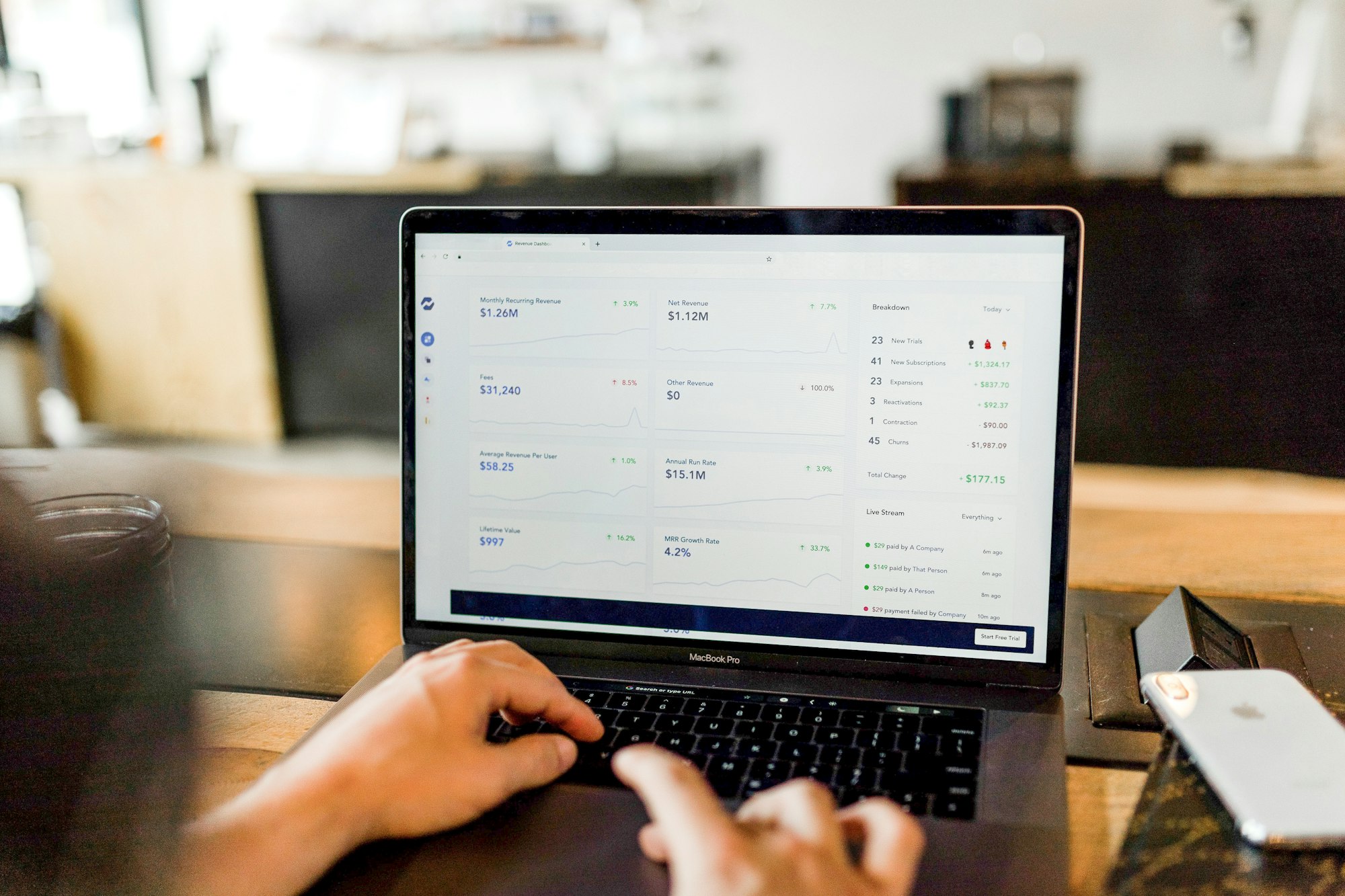Israel’s tech economy looks steady from a distance, but the surface can be misleading. What looks like resilience often hides a shift in how money moves. Investors and founders are behaving differently than they did even a year ago, and the numbers tell a story that feels less like growth and more like recalibration.
Between January and September 2025, Israeli startups raised $11.9 billion in private funding (via Startup Nation Central). That was 13% higher than last year, a headline that suggests strength. Yet the exits tell a different story. Over the same period, mergers & acquisitions (M&A) reached $71 billion, nearly five times 2024’s pace, while total exits climbed to $41 billion, triple last year. Venture money is still coming in, but acquisition money is rushing out.
Fewer Deals, Bigger Bets
The third quarter of 2025 made the divergence even clearer. Excluding Safe Superintelligence’s one-off $2 billion raise, Q3 funding came to $2.4 billion—38% lower than Q2 2025 and 18% below Q3 2024. Include Safe’s mega deal, and the quarterly drop steepens to almost 60%. Deal activity also thinned. Only 230 investors participated, a 20% fall from Q2 2025 and the lowest since early 2024.
What money did flow was concentrated. The median round size reached $10.5 million, a record and 50% higher than last year. Instead of scattering bets across many startups, VCs are circling fewer, later-stage firms that already look durable. For early-stage founders, that shift means the runway to capital is shrinking fast.
Buyers Step Into the Gap
Where investors retreated, buyers advanced. Q3 2025 alone recorded $31.8 billion across 31 acquisitions, the strongest quarter Israel has ever seen. The median deal size was $269 million.
Cybersecurity led the wave. Palo Alto Networks’ $25 billion takeover of CyberArk was the second-largest deal in Israeli history. Verint Systems sold for $2 billion, while Cato Networks acquired Aim Security for $350 million, and Diginex picked up Findings for $305 million. Altogether, cybersecurity made up 58% of exit value, cementing its role as the one sector global buyers won’t delay on.
Other categories have slowed. Fintech, once Israel’s flagship export, has gone quiet. AI infrastructure is gaining selective traction in developer tools and data platforms. Climate and mobility startups remain visible but paused. The money has not left Israel’s ecosystem. It is being filtered toward what feels essential.
Israel’s Liquidity Finds a Different Route
The nine-month totals underline the pivot. $71 billion in M&A and $41 billion in exits mark historic highs. Even public markets flickered back to life, with eToro’s $700 million Nasdaq IPO and Via Transportation’s $493 million NYSE listing. Liquidity is not gone. It has simply changed course.
That rerouting reveals a mindset shift. Founders are no longer waiting out long fundraising cycles when certainty lies in a multi-hundred-million-dollar exit today. The backdrop matters here as Israel’s political climate has been unsteady, and while it rarely appears in pitch decks, it adds another layer of hesitation for investors. Why stretch a raise through months of uncertainty when a buyer is willing to pay now? Global acquirers see that logic, and they are acting quickly.
Saudi Arabia and the UAE remain MENA’s primary investment hubs in 2025
The analysis also shows the growing role of emerging markets such as Iraq and Morocco.
The regional contrast makes the divergence sharper. In Saudi Arabia, investors deployed $396.5 million in July 2025 across 16 deals, led by Ninja’s $250 million round that crowned a new unicorn. The UAE followed with $359 million across 22 startups, including deeptech player XPANCEO’s $250 million Series A. Together, the two hubs pulled in more than $750 million in a single month, showing how capital is concentrating into fewer but bolder bets.
Israel, meanwhile, seems to be monetising what it has already built. Its neighbours are accumulating what they believe will matter next. Saudi Arabia is buying to keep. The UAE is building to host. Israel is cashing in on its past.
So what are we really watching? A clever repositioning that turns innovation into liquidity at the right time? Or the early handover of long-term control to players willing to buy rather than build? At some point, the question becomes unavoidable. Is Israel setting the pace, or stepping out of it too soon?














